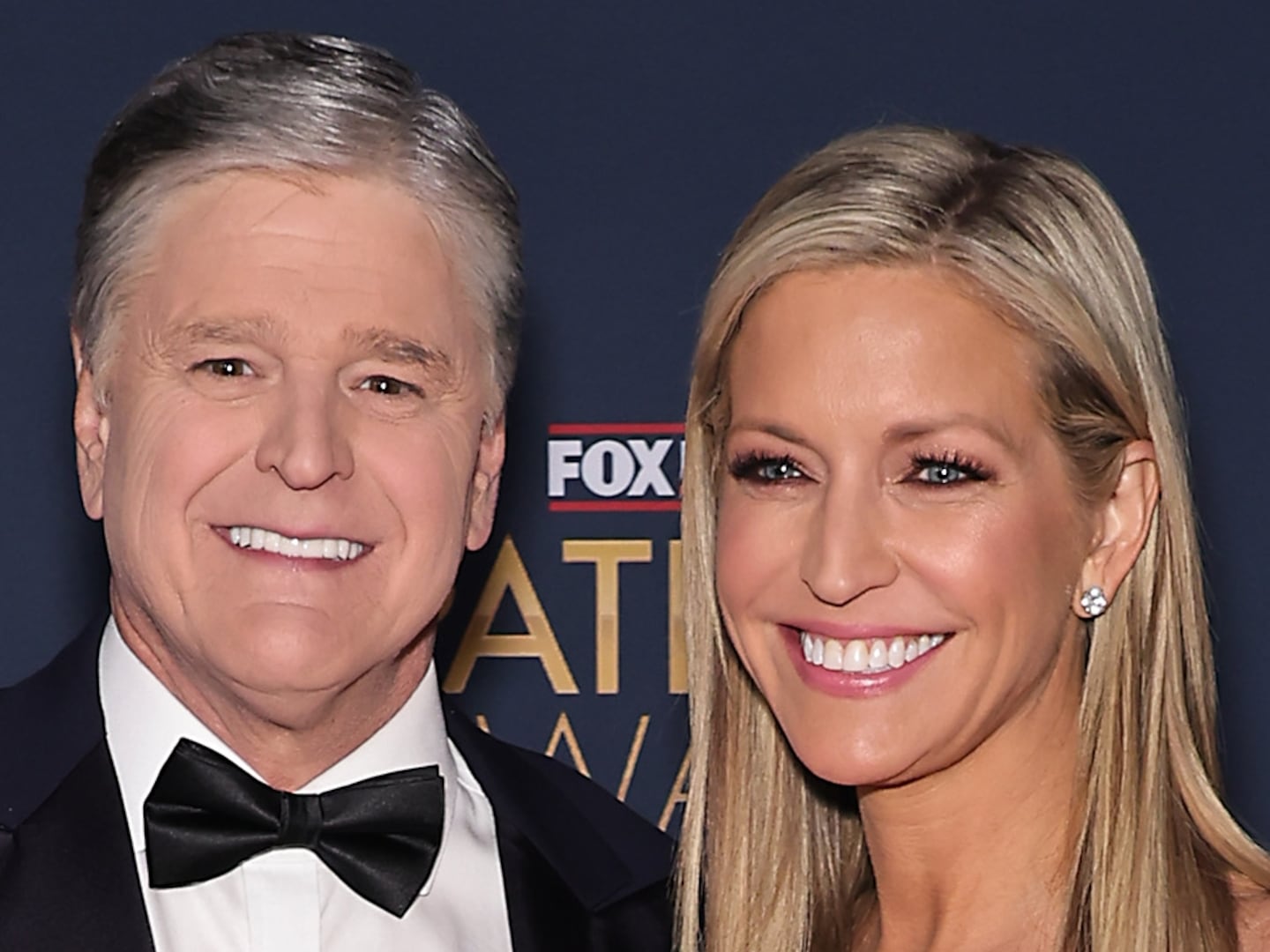Entertainment
RCA Records
Kesha Confronts Her Demons—Including Alleged Tormentor Dr. Luke—on New Album ‘Rainbow’
LISTEN UP
The pop superstar’s soul-baring third studio album chronicles her journey out of the darkness and into the light.

Trending Now




